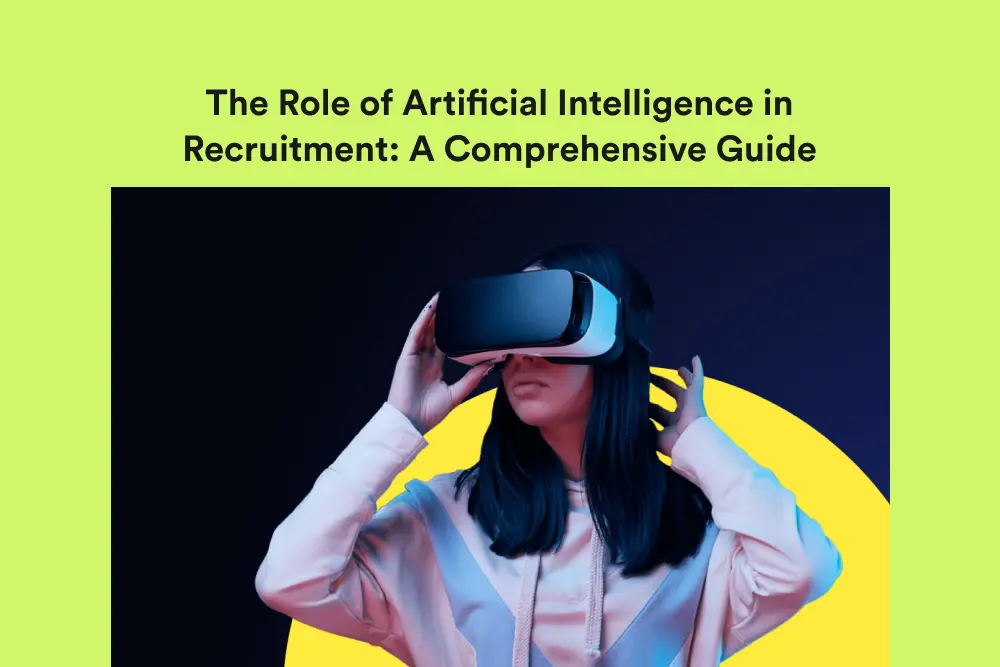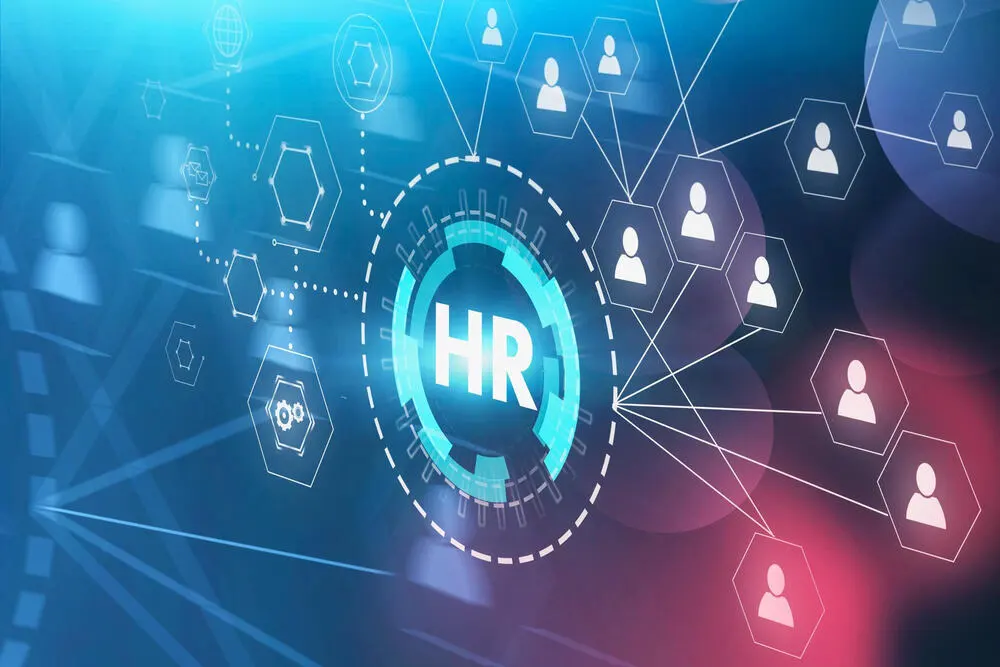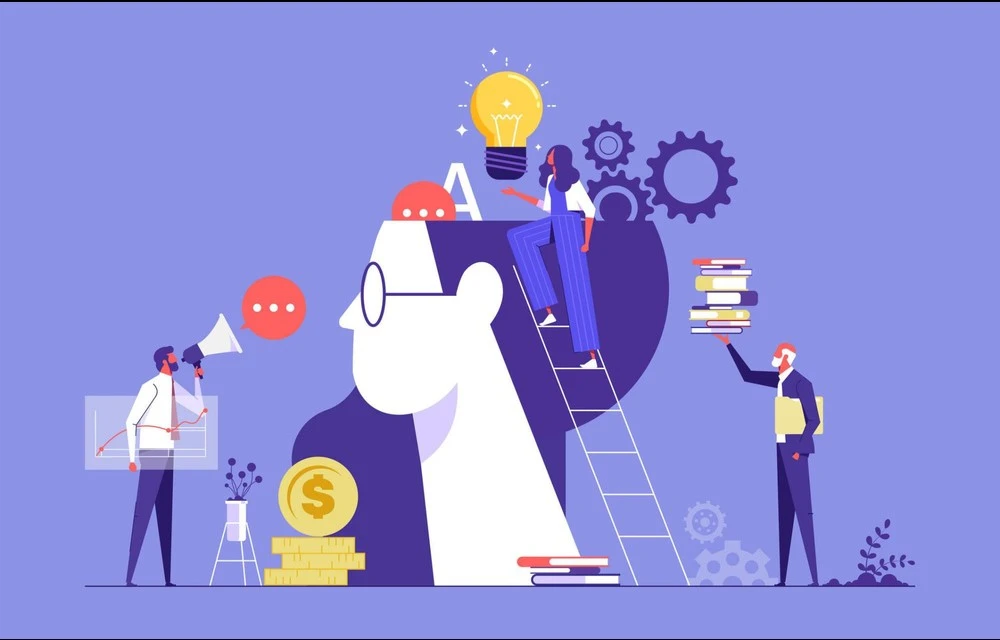Artificial Intelligence (AI) has revolutionized many industries, and recruitment is no exception. With advancements in technology, AI has become an essential tool for recruiters to streamline processes, improve efficiency, and make data-driven decisions. In this comprehensive guide, we will explore the role of AI in recruitment, its benefits, challenges, and its impact on the future of the industry.
The Benefits of Using AI in Recruitment
AI offers numerous benefits in the recruitment process, making it an invaluable tool for both recruiters and job seekers. One of the key advantages of AI is its ability to automate tasks, such as resume screening and candidate sourcing. This saves recruiters countless hours of manual work, allowing them to focus on more strategic activities.
Additionally, AI can analyze large volumes of data and identify patterns, helping recruiters make more informed decisions. By utilizing AI-powered algorithms, recruiters can assess resumes, predict candidate suitability, and match job requirements with the right candidates more efficiently.
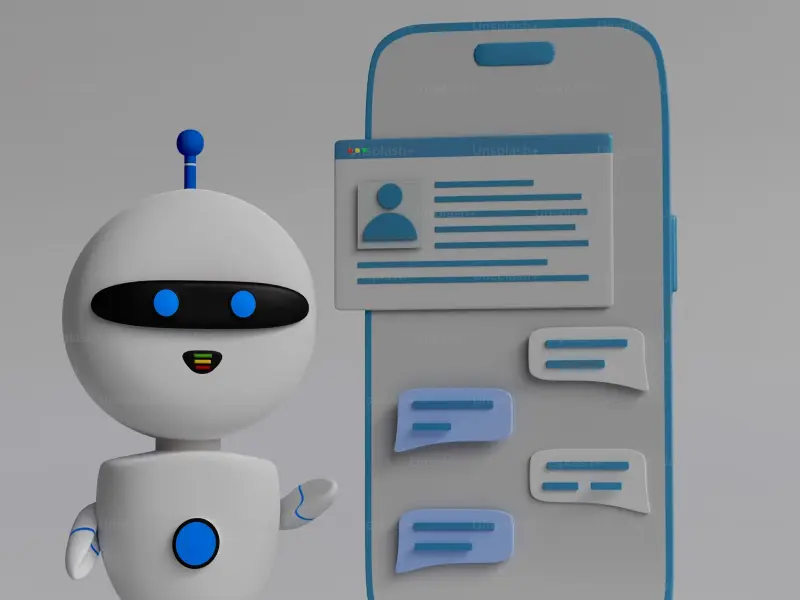
Furthermore, AI can improve the candidate experience by providing personalized recommendations and feedback. Chatbots and virtual assistants powered by AI can provide instant responses to candidates’ queries, ensuring timely communication and enhancing overall satisfaction.
One of the ways AI enhances the recruitment process is through its ability to identify top talent. With the help of AI algorithms, recruiters can analyze resumes and identify key skills and experiences that match the job requirements. This not only saves time but also ensures that the most qualified candidates are considered for the position.
Moreover, AI can also help in reducing bias in the recruitment process. Human recruiters are prone to unconscious biases that can influence their decision-making. However, AI algorithms are designed to be impartial and objective, focusing solely on the candidate’s qualifications and suitability for the role. This can lead to a fairer and more inclusive hiring process.
Another advantage of using AI in recruitment is its ability to streamline the candidate screening process. AI-powered tools can quickly scan through a large number of resumes, eliminating those that do not meet the minimum requirements. This saves recruiters a significant amount of time and effort, allowing them to focus on evaluating the most promising candidates.
Furthermore, AI can also assist in improving the accuracy of candidate matching. By analyzing the job requirements and the candidate’s qualifications, AI algorithms can identify the best-fit candidates for a particular role. This not only increases the chances of finding the right candidate but also reduces the risk of making a wrong hiring decision.
In addition to these benefits, AI can also play a crucial role in enhancing the candidate experience. Chatbots and virtual assistants powered by AI can provide candidates with personalized recommendations based on their skills and preferences. This not only helps candidates find suitable job opportunities but also provides them with valuable insights and guidance throughout the application process.
Overall, AI offers a wide range of benefits in the recruitment process. From automating tasks and analyzing data to improving the candidate experience and reducing bias, AI has the potential to revolutionize the way recruitment is conducted. By embracing AI technology, recruiters can streamline their processes, make more informed decisions, and ultimately find the best candidates for the job.
The Challenges of Using AI in Recruitment
While there are significant benefits to using AI in recruitment, there are also challenges that need to be addressed. One of the main concerns is the potential for bias in AI algorithms. If not carefully designed and monitored, AI systems can perpetuate existing biases in hiring practices, leading to discrimination against certain demographics. It is crucial for recruiters to ensure that AI is used ethically and remains unbiased throughout the recruitment process.
One way to address this challenge is through the implementation of diversity and inclusion initiatives. By actively promoting diversity within the organization and ensuring that AI algorithms are trained on diverse datasets, recruiters can minimize the risk of bias. Additionally, regular audits and evaluations of AI systems can help identify and rectify any potential biases that may arise.

Another challenge is the need for proper training and understanding of AI systems. Recruiters need to be familiar with AI technology and its limitations to effectively utilize it in the recruitment process. Without the necessary knowledge and skills, recruiters may struggle to leverage the full potential of AI, resulting in suboptimal outcomes.
To overcome this challenge, organizations can invest in training programs and workshops to educate recruiters on the intricacies of AI technology. By providing them with the necessary tools and knowledge, recruiters can confidently navigate the recruitment process with AI, making informed decisions and maximizing the benefits of the technology.
Additionally, implementing AI systems can be costly for organizations, particularly for small businesses with limited budgets. The initial investment and ongoing maintenance of AI tools may pose a financial challenge for some recruiters. It is essential to carefully evaluate the cost-benefit ratio and assess the specific needs of the organization before adopting AI in recruitment.
However, it is important to note that the long-term benefits of using AI in recruitment can outweigh the initial costs. AI can streamline and automate various aspects of the recruitment process, saving time and resources. By reducing manual labor and increasing efficiency, AI can ultimately lead to cost savings in the long run.
Furthermore, organizations can explore alternative options such as cloud-based AI solutions or partnering with AI service providers, which can help mitigate the financial burden. These options provide flexibility and scalability, allowing recruiters to leverage AI technology without incurring significant upfront costs.
In conclusion, while there are challenges associated with using AI in recruitment, they can be effectively addressed through ethical practices, proper training, and careful evaluation of costs and benefits. By leveraging AI technology responsibly, recruiters can enhance their recruitment processes, improve decision-making, and ultimately drive better outcomes for both candidates and organizations.
The Future of AI in Recruitment
As technology continues to evolve, AI’s role in recruitment is expected to expand even further. With advancements in natural language processing and machine learning, AI systems will become more sophisticated in analyzing and interpreting candidate data. This will enable recruiters to make more accurate predictions about a candidate’s compatibility and suitability for a job.
Imagine a future where AI not only analyzes resumes and cover letters but also delves deeper into social media profiles, online portfolios, and professional networks. AI algorithms will be able to extract valuable insights from these sources, providing recruiters with a more comprehensive view of a candidate’s skills, experiences, and interests.
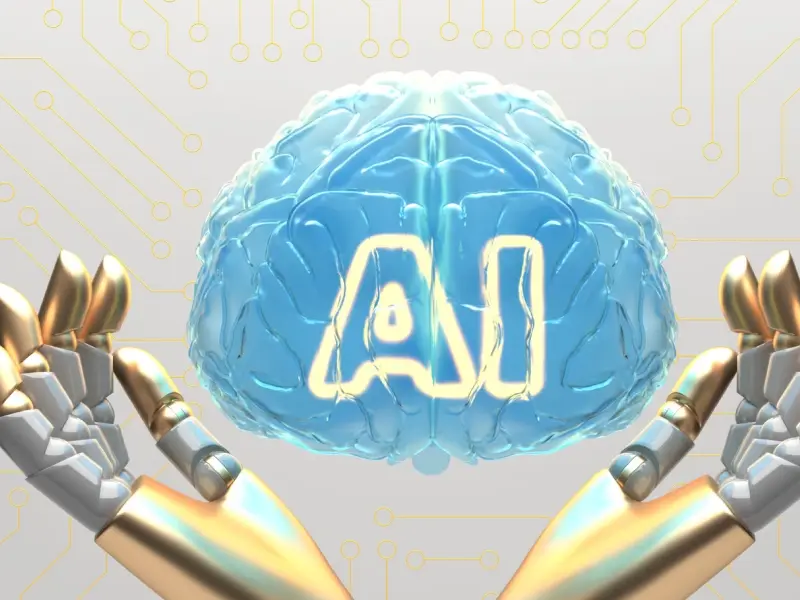
Moreover, AI has the potential to enhance the diversity and inclusivity of the recruitment process. By eliminating human biases and focusing on objective data, AI can help identify talent from underrepresented groups and ensure a fair and inclusive hiring environment.
For instance, AI algorithms can be trained to recognize patterns of discrimination in job descriptions and suggest alternative wording to attract a more diverse pool of candidates. Additionally, AI-powered tools can analyze the language used in interviews to detect any potential bias, helping recruiters ensure an unbiased selection process.
Furthermore, AI can facilitate the automation of mundane and repetitive tasks, allowing recruiters to focus on building relationships and providing a better candidate experience. AI-powered tools can assist in scheduling interviews, conducting assessments, and even onboarding candidates, freeing up time for recruiters to engage in more strategic activities.
Imagine a future where AI chatbots handle initial candidate interactions, answering frequently asked questions, and providing personalized information about the company and the recruitment process. This would not only streamline the candidate experience but also save recruiters valuable time and effort.
Additionally, AI can help identify and prioritize high-potential candidates by analyzing their past performance, educational background, and skills. By leveraging AI algorithms, recruiters can identify candidates with the highest likelihood of success in a specific role, enabling them to make more informed hiring decisions.
Furthermore, AI can play a crucial role in improving the efficiency of the candidate screening process. AI-powered tools can quickly scan and analyze large volumes of resumes, identifying the most qualified candidates based on predefined criteria. This not only saves time but also reduces the risk of overlooking potential talent.
In conclusion, the future of AI in recruitment is promising. With its ability to analyze and interpret vast amounts of data, AI can revolutionize the way recruiters identify, assess, and select candidates. By enhancing diversity and inclusivity, automating repetitive tasks, and improving the overall efficiency of the recruitment process, AI can empower recruiters to make better hiring decisions and provide a more positive candidate experience.
How AI is Changing the Recruitment Landscape
The integration of AI in recruitment is transforming the industry in several ways. One notable change is the shift towards data-driven decision-making. With AI’s ability to analyze vast amounts of data, recruiters can now rely on evidence-based insights to assess candidates’ potential and make informed hiring decisions.
AI algorithms can sift through massive databases of candidate information, including resumes, cover letters, and online profiles, to identify patterns and correlations that may not be immediately apparent to human recruiters. This data analysis can reveal hidden talents and skills that might have been overlooked otherwise, allowing recruiters to make more accurate assessments of candidates’ qualifications.
Moreover, AI is also revolutionizing the sourcing and screening process. Through AI-powered platforms, recruiters can efficiently search for candidates with the required skills and experience. These platforms use machine learning algorithms to match job descriptions with candidates’ profiles, ensuring that only the most relevant candidates are considered for each role.
Imagine a recruiter looking to fill a position for a software engineer with expertise in machine learning. Instead of manually sifting through hundreds of resumes, the AI-powered platform can quickly identify candidates who have the desired skills and experience in this specific field. This not only saves time but also increases the likelihood of finding the perfect match for the job.
Furthermore, AI is enabling recruiters to create more personalized and engaging experiences for candidates. From chatbots that provide instant responses to tailored recommendations based on candidates’ preferences, AI-driven interactions are enhancing overall satisfaction and improving candidate engagement.
For instance, imagine a candidate visiting a company’s career website and interacting with a chatbot. This chatbot can answer questions about the company, provide information about open positions, and even conduct initial screenings by asking relevant questions. The chatbot can then use AI algorithms to assess the candidate’s responses and determine if they meet the basic job requirements.
By automating these initial interactions, recruiters can focus their time and energy on more meaningful conversations with candidates who have already been pre-screened by the AI-powered chatbot. This not only streamlines the recruitment process but also creates a more personalized experience for candidates, making them feel valued and engaged throughout the hiring journey.
In conclusion, the integration of AI in recruitment is revolutionizing the industry by enabling data-driven decision-making, streamlining the sourcing and screening process, and creating more personalized experiences for candidates. As AI continues to evolve, we can expect further advancements that will shape the recruitment landscape and improve the overall efficiency and effectiveness of the hiring process.
In Conclusion
Artificial Intelligence has undeniably had a profound impact on the recruitment industry. By automating processes, improving decision-making capabilities, and enhancing the overall candidate experience, AI has become an invaluable tool for recruiters. However, it is essential to address the challenges associated with AI, such as bias and cost, and ensure that AI is implemented ethically and responsibly. As technology continues to advance, AI’s role in recruitment will only grow, shaping the future of talent acquisition and revolutionizing how organizations identify and hire top talent.
